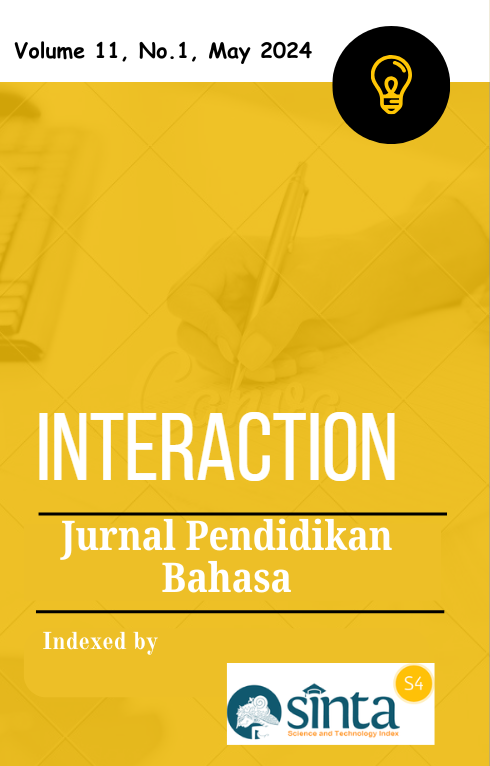The Phenomenon of Money Political Culture in the Context of the Election Law
Abstract
This study focuses on the phenomenon that has recently garnered public attention, namely the practice of money politics within the context of local elections (pilkada). In its general exposition, the research identifies that money politics is employed as a strategy to garner significant votes and wield influence in local elections. The research problem addressed is how regulations regarding the prohibition of money politics in local elections are structured, and the sanctions imposed on candidates found to engage in such practices. The objective of this study is to provide a comprehensive description of the legal framework concerning money politics in local elections and to identify the sanctions applied to violating candidates. This research utilizes a normative legal method to analyze the existing regulatory framework. The findings reveal that regulations prohibiting money politics in local elections are stipulated in Law Number 10 of 2016 concerning Local Elections. Meanwhile, sanctions for candidates proven to engage in money politics have been specified in amendments to Law Number 10 of 2016 from Law Number 8 of 2015 concerning Local Elections. Candidates who breach these regulations will face sanctions ranging from a minimum of 36 months to a maximum of 72 months of imprisonment, along with fines ranging from Rp. 200,000,000 to Rp. 1,000,000,000. Thus, this study provides a comprehensive overview of regulations and sanctions related to money politics in local elections, aiming to serve as a foundation for more effective efforts in prevention and law enforcement in the future.
Downloads
References
Fajar, M., & Achmad, Y. (2010). Dualisme Penelitian Hukum Empiris & Hukum Normatif. Jakarta: Pustaka Pelajar.
Gaffar, A. (2004). Politik Indonesia: Transisi Menuju Demokrasi. Yogyakarta: Pustaka Pelajar.
Hariyani. (2015). Model Kampanye Pilkada Atasi Politik Uang dan Sikap Pesimis Pemilih (Telaah Teoritis dan Konsep Implementasinya). Jurnal Ilmiah Komunikasi, 6(1), 31–45.
Hertanto. (2006). Teori-Teori Poitik dan Pemikiran Politik di Indonesia. Bandar Lampung: Universitas Lampung.
Kant, I. (1996). Groundwork of the metaphysics of morals (M. Gregor, Trans.). Cambridge University Press. (Original work published 1785)
Khairazi, F. (2015). Implementasi Demokrasi dan Hak Asasi Manusia di Indonesia. Jurnal Inovatif, 8(1), 72–94.
Kumolo, T. (2015). Politik Hukum PILKADA Serentak. Bandung: PT. Mizan Publika.
Marsudi, K. E. R., & Sunarso. (2019). Revitalisasi Pendidikan Politik melalui Pembentukan Kampung Anti Money Politic. JPPUMA Jurnal Ilmu Pemerintahan Dan Sosial Politik Universitas Medan Area, 7(2), 111.
Morris L. Cohen dalam Muh. Aspar, Metode Penelitian Hukum, Universitas Sembilan Belas November, Kolaka, 2015, hlm.15.
Nabila, N., Prananingtyas, P., & Azhar, M. (2020). Pengaruh Money Politic dalam Pemilihan Anggota Legislatif terhadap Keberlangsungan Demokrasi di Indonesia. Notarius, 13(1), 1–9.
Panjaitan, M. (2013). Logika Demokrasi Menyongsong Pemilihan Umum. Jakarta: Permata Aksara.
Seran, A. (2016). Demokrasi, Kedaulatan Rakyat, dan Pemilu. Respons, 21(1), 29–49.




.png)



22.png)
